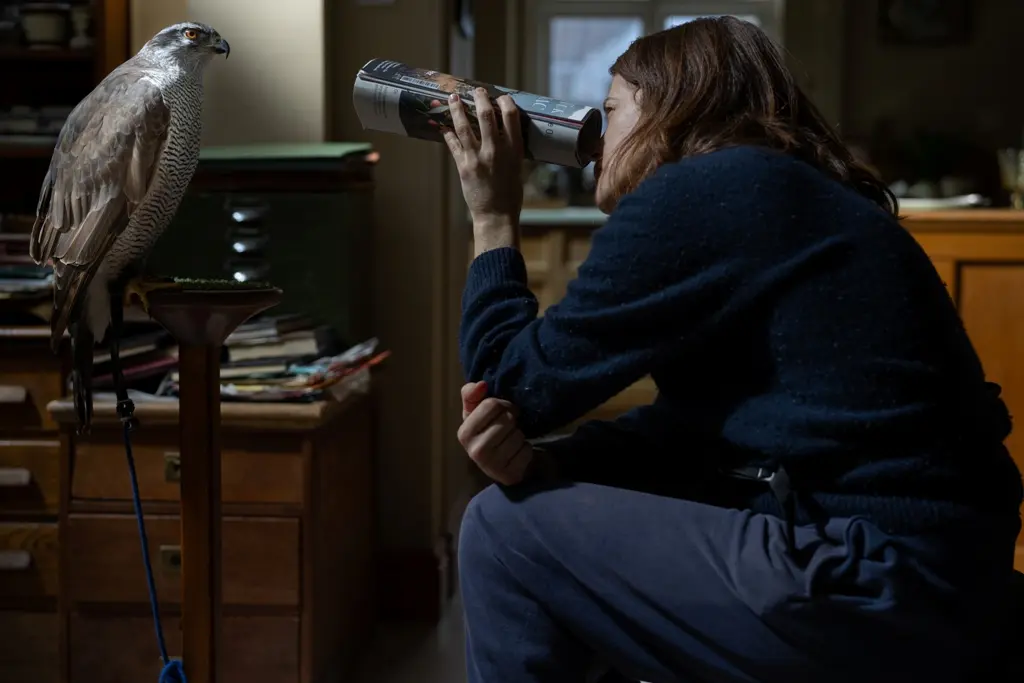PG-13 | 2h 2m | Drama, Biography, Revisionist History | Dec. 22, 2023
With the noted exception of musicals, movies based on stage plays rarely work. For the first half of its two-hour running time, “Freud’s Last Session” (“Session”) is one the few exceptions to this rule. Then, as they say, it’s all downhill from there.






